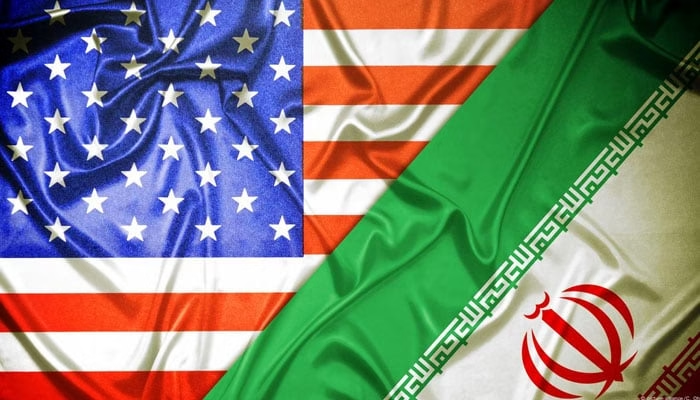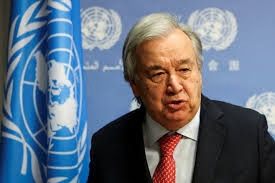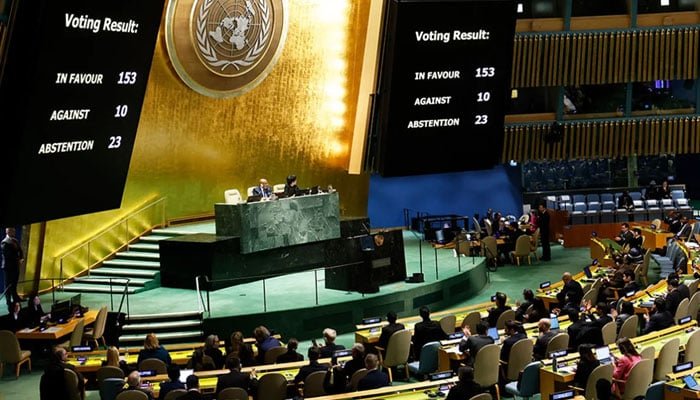In a bold move signaling continued pressure on Tehran, the United States has imposed a new wave of counter-terrorism sanctions targeting Iran’s Revolutionary Guards, key individuals, and shipping vessels. The decision comes amid growing regional instability and ongoing concerns over Iran’s role in supporting proxy groups and destabilizing activities in the Middle East.
Sanctions Target 20 Entities Tied to the Revolutionary Guard
According to credible media reports and a statement from the U.S. Department of the Treasury, the latest sanctions list includes 20 Iranian entities, many of which are directly affiliated with or supporting the Islamic Revolutionary Guard Corps (IRGC). The IRGC, already designated as a foreign terrorist organization by the U.S., remains a central focus of Washington’s maximum pressure campaign.
These entities are believed to be involved in facilitating terrorism financing, arms trafficking, and coordination with militant groups in Lebanon, Syria, Iraq, and Yemen.
Individuals and Vessels Also Hit
In addition to the entities, five individuals have been sanctioned, allegedly due to their involvement in operations that support the IRGC’s military or economic arms. Some of these individuals reportedly played critical roles in the logistics and financing of weapons smuggling and oil transport to circumvent previous international sanctions.
Three ships have also been blacklisted. These vessels are accused of being part of sanctions-evasion networks that help Iran continue its oil exports and arms supply under the radar. The sanctioned ships are now barred from docking in U.S. ports or doing business with U.S.-based companies and financial institutions.
Statement from the U.S. Treasury
In an official press release, the U.S. Department of the Treasury reiterated its commitment to disrupting the IRGC’s global network and the financial enablers that fuel its destabilizing agenda. The statement read:
Iran continues to support terrorist activities across the region, violating international norms and threatening the peace and security of its neighbors. These new sanctions are aimed at cutting off their funding channels and sending a clear message: the U.S. will not tolerate terrorism in any form.
Timing Amid Middle East Tensions
The sanctions come at a time of escalating tensions in the Middle East, particularly involving Iran’s recent confrontations with Israel and U.S. forces in the region. With conflicts intensifying in Gaza and Lebanon, and ongoing unrest in the Red Sea and Gulf waters, Washington’s move appears aimed at containing Iranian influence and limiting its operational freedom.
Analysts suggest that these sanctions could also serve as a strategic warning to Iran regarding its nuclear ambitions, which remain a critical concern for Western powers after the collapse of the Joint Comprehensive Plan of Action (JCPOA), commonly known as the Iran nuclear deal.
Iran Responds
Iranian officials have condemned the sanctions, calling them unilateral, unjustified, and politically motivated. In a statement issued through state media, a spokesperson for Iran’s Foreign Ministry said:
These sanctions will not deter us. Iran remains committed to defending its sovereignty and the rights of its people. The U.S. continues its policy of economic warfare, but it has only isolated itself on the international stage.
The Iranian government also accused the U.S. of violating international law and undermining diplomatic efforts in the region.
Impact and Next Steps
While the immediate economic impact on Iran may be limited—given the country is already heavily sanctioned—the symbolic weight of these new designations is substantial. They further restrict Iran’s access to the global financial system and create additional hurdles for any potential return to negotiations.
Experts also note that this move could complicate backchannel diplomacy, particularly with European nations still hoping to revive some form of nuclear accord or regional security dialogue.
The international community, particularly countries involved in global oil shipping, will be watching closely to see how these new sanctions impact maritime traffic and regional trade.
With Washington doubling down on its pressure campaign, these latest sanctions signal a renewed U.S. strategy to check Iran’s regional ambitions and disrupt the financial and operational networks that sustain the IRGC and its affiliates. As the geopolitical chessboard heats up, the implications for diplomacy, regional stability, and global markets could be profound in the months ahead.



